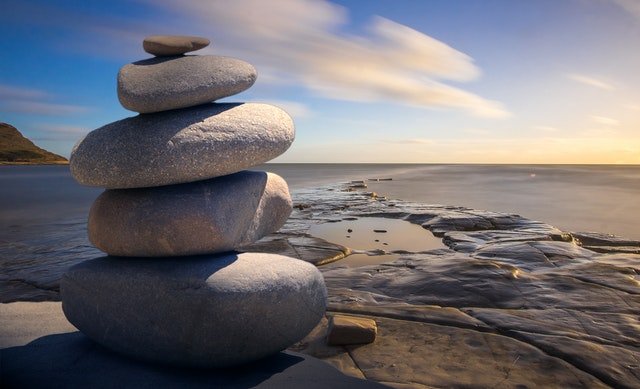Before your schedule fills back up again after the holidays, it’s a good time to check in on your well-being. If you’re a regular reader, you know that I’ve always taught that the quality of your leadership (i.e., how you “show up”) depends on your physical and mental well-being. In demanding times like these, that’s even more true.
In the current environment, self-care is a critical strategy rather than something to get to when you have a spare moment. You and I both know that those spare moments may never come. So how can you start the year with a focus on you and your well-being?
3 Questions to Ask Yourself
First, let’s get a sense of how you’re doing right now. Life often gets so busy that we lose sight of this. This is why it helps to reflect before you take action.
How would you rate your energy level on a scale of 1 to 10 (10 is high)?
What one or two derailing behaviors do you want to eliminate from your daily routine?
What are one or two simple changes you can make right now to support your well-being in 2022? Keep in mind the strategies that energize you and have already proven effective.
How I’m Making Shifts
To help you think about these questions, I want to share what answering them brought up for me.
I know from experience that I’m happier and more productive when I go to bed on time and exercise or meditate first thing in the morning. Leading up to the holidays, I had let this personal best practice fall by the wayside. I had gotten into the habit of working too late and then staying up even later doing something to decompress, like watching TV. Instead of jumping out of bed well-rested, I started hitting the snooze button each morning. This put a damper on my energy level. On top of that, I got drawn into reading the depressing news notifications on my phone when I finally woke up.
As I start off this year, I’m being much more intentional about my sleeping and waking habits. I have set more realistic expectations for myself, especially when I know I’ll be really busy, and have let go of all-or-nothing thinking. If I can’t do a full workout in the morning, a 10-minute walk or run still has benefits. I’ve adjusted the notifications on my phone and read the news when it’s less likely to affect my mindset.
Another way I support my well-being is by proactively managing my calendar. This is a work-in-progress. I’ve been experimenting with blocking out time on my calendar for different kinds of work and then evaluating whether I used those blocks as planned. Over the past six months, I’ve tweaked my system three times to align with when I have the most energy, my clients’ needs, and the work I actually need to get done.
What Steps Can You Commit to?
As you think about how to better support your own well-being, remember that it’s not about perfection or having everything all figured out before you take action. It is a process of continuous improvement. Commit to just one or two small changes right now and then see how they affect your energy and well-being. Use what you learn to help you continue to refine your approach. And remember that small steps lead to big results.
If you’re looking for even more actionable strategies to start your year on the right foot, check out my award-winning New Lens app. It features bite-size lessons like the ones in this article that you can quickly absorb and apply.

